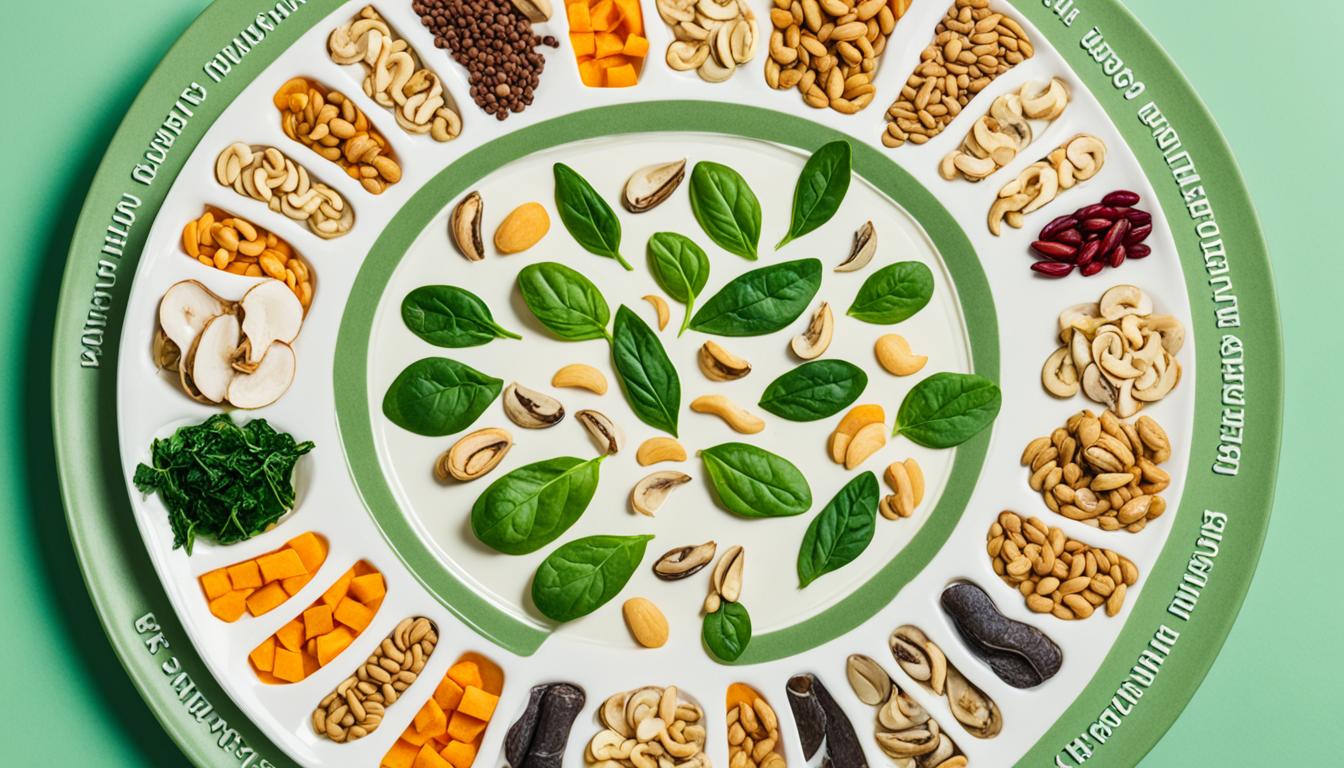Intermittent Fasting

Intermittent fasting (IF) has emerged as a popular dietary approach for weight loss and overall health optimization. I will explore the science behind intermittent fasting, its impact on weight loss, and practical strategies for incorporating it into your lifestyle.
Understanding Intermittent Fasting:
Intermittent fasting involves alternating periods of eating and fasting, with the goal of extending the fasting period to promote various physiological changes in the body. There are several different intermittent fasting protocols, including:
- 16/8 Method: Also known as the “Leangains” protocol, this method involves fasting for 16 hours each day and restricting eating to an 8-hour window.
- 5:2 Diet: This approach involves eating normally for five days of the week and restricting calorie intake to 500–600 calories on two non-consecutive days.
- Alternate-Day Fasting: With this method, individuals alternate between days of fasting and days of regular eating.
- Eat-Stop-Eat: In this approach, individuals fast for a full 24 hours once or twice a week, with no calorie consumption during the fasting period.

How Intermittent Fasting Affects Weight Loss:
Intermittent fasting can promote weight loss through several mechanisms:
- Calorie Restriction: By limiting the time available for eating, intermittent fasting naturally leads to a reduction in calorie intake, which is essential for weight loss.
- Increased Fat Oxidation: During the fasting period, the body shifts from using glucose as its primary fuel source to burning stored fat for energy, leading to increased fat oxidation and potential fat loss.
- Enhanced Metabolic Health: Intermittent fasting has been shown to improve insulin sensitivity, regulate blood sugar levels, and promote fat loss, all of which are beneficial for metabolic health and weight management.
- Boosted Growth Hormone Levels: Fasting triggers an increase in growth hormone levels, which can stimulate fat burning and muscle growth, contributing to weight loss and improved body composition.
- Reduced Inflammation: Some research suggests that intermittent fasting may help reduce inflammation in the body, which is associated with obesity and other chronic diseases.

Practical Strategies for Intermittent Fasting Success
Start Slowly:
If you’re new to intermittent fasting, start with a more gradual approach, such as the 16/8 method, and gradually extend fasting periods as you become more accustomed to it.
Stay Hydrated:
Drink plenty of water, herbal tea, and other non-caloric beverages during fasting periods to stay hydrated and curb hunger.
Focus on Nutrient-Dense Foods:
When breaking your fast, prioritize whole, nutrient-dense foods such as fruits, vegetables, lean proteins, and healthy fats to nourish your body and support overall health.
Listen to your body:
Pay attention to hunger cues and adjust your fasting and eating windows accordingly. It’s essential to find a fasting schedule that works for your individual needs and lifestyle.
Combine with healthy lifestyle habits:
Intermittent fasting can be even more effective when combined with regular physical activity, stress management techniques, and adequate sleep.

Safety Considerations:
While intermittent fasting can be safe and effective for many individuals, it may not be suitable for everyone. It’s essential to consult with a healthcare professional before starting any new diet or fasting regimen, especially if you have underlying health conditions, are pregnant or breastfeeding, or are taking medications.
And this is an example to help you follow intermittent fasting:
7:00 AM: Wake Up:
- Start your day with a glass of water or herbal tea to hydrate your body.
8:00 AM: Morning Fast-Breaking Meal:
- Break your fast with a nutritious meal to replenish your energy stores and kickstart your metabolism.
- Example: a veggie omelet cooked in olive oil with spinach, bell peppers, onions, and feta cheese.
10:00 AM Mid-Morning Snack (Optional):
- If you feel hungry, you can enjoy a small snack to tide you over until lunch.
- Example: a handful of almonds or a piece of fruit.
12:00 PM: Lunch:
- Enjoy a satisfying lunch that includes lean protein, healthy fats, and plenty of vegetables.
- Example: Grilled chicken salad with mixed greens, avocado, cherry tomatoes, cucumber, and balsamic vinaigrette dressing.
2:00 PM: Afternoon Snack (Optional):
- If you need a snack to keep you going, choose a nutrient-rich option.
- Example: Greek yogurt with berries or carrot sticks with hummus.
4:00 PM: Pre-Fasting Period:
- Begin your fasting period, during which you abstain from consuming any calories.
- Drink water, herbal tea, or other non-caloric beverages to stay hydrated and curb hunger.
8:00 PM: Evening Fast-Breaking Meal:
- Break your fast with a balanced meal that provides essential nutrients and supports satiety.
- Example: baked salmon with roasted Brussels sprouts and quinoa.
10:00 PM: Last Caloric Intake:
- Finish your last meal or snack of the day, and begin your fasting period until the following morning.
Notes:
- Adjust the timing of your fasting and eating windows based on your individual schedule and preferences. Some people may prefer to start their fasting period earlier or later in the day.
- Stay hydrated throughout the fasting period by drinking plenty of water, herbal tea, or other non-caloric beverages.
- Be mindful of portion sizes and choose nutrient-dense foods to support your overall health and well-being.
- Listen to your body and adjust your fasting schedule as needed to ensure it aligns with your individual needs and goals.
- Consult with a healthcare professional before starting any new diet or fasting regimen, especially if you have underlying health conditions or concerns. They can provide personalized guidance and support to help you achieve your health and wellness goals.
so , Intermittent fasting is a powerful dietary approach that can promote weight loss, improve metabolic health, and enhance overall well-being. By incorporating intermittent fasting into your lifestyle and combining it with healthy eating habits and lifestyle practices, you can unlock its full potential for achieving your weight-loss goals and optimizing your health. As with any dietary strategy, it’s essential to approach intermittent fasting with mindfulness, moderation, and personalized guidance from a qualified healthcare professional or nutrition expert.









